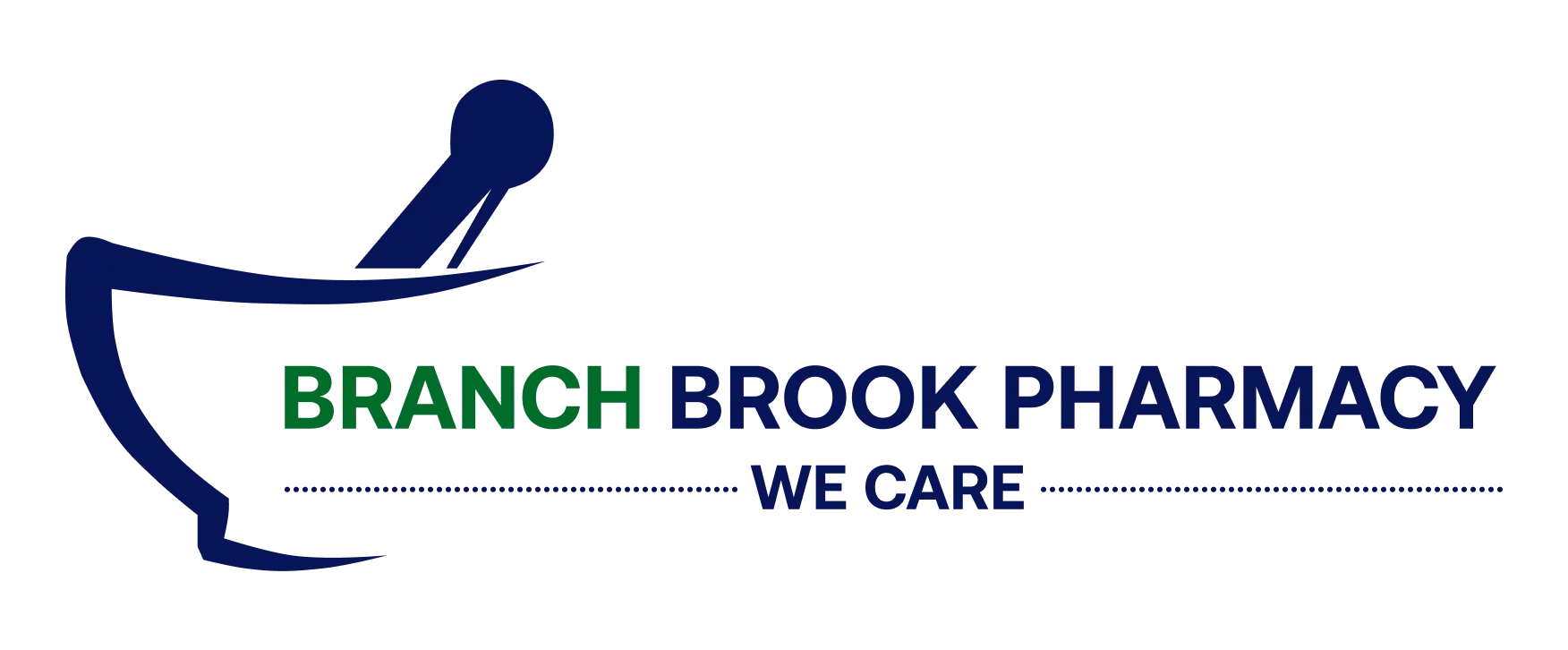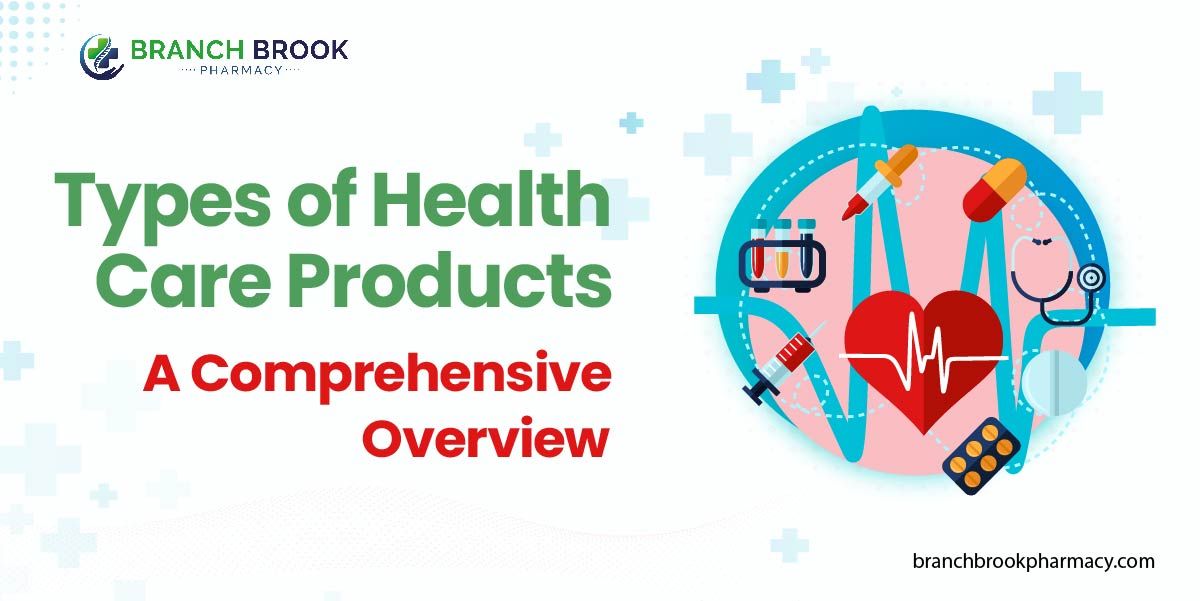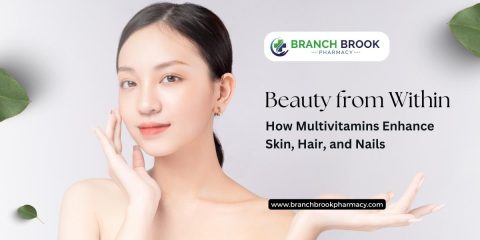When it comes to maintaining good health, there are a wide variety of products available on the market that can help. From dietary supplements to personal care items, the range of health care products can be overwhelming. In this article, we’ll take a comprehensive look at the different types of health care products available and what they’re used for.
Dietary Supplements
Dietary supplements are products that are designed to supplement the diet and provide nutrients that may be lacking in a person’s regular diet. These supplements can come in a variety of forms, including pills, capsules, powders, and liquids. Some of the most common types of dietary supplements include:
Multivitamins
Multivitamins are supplements that contain a variety of vitamins and minerals. They are often used to supplement the diet and ensure that the body is getting all the nutrients it needs.
Probiotics
Probiotics are supplements that contain live bacteria that are beneficial for the digestive system. They are often used to improve gut health and boost the immune system.
Omega-3 Fatty Acids
Omega-3 fatty acids are supplements that contain essential fatty acids that the body needs but cannot produce on its own. They are often used to support heart health and brain function.
Herbal Supplements
Herbal supplements are supplements that contain plant extracts and other natural substances. They are often used to support overall health and wellness.
Personal Care Products
Personal care products are products that are used to maintain personal hygiene and appearance. These products can come in a variety of forms, including soaps, shampoos, lotions, and cosmetics. Some of the most common types of personal care products include:
Soap
Soap is a personal care product that is used to cleanse the body. It can come in a variety of forms, including bar soap, liquid soap, and body wash.
Shampoo
Shampoo is a personal care product that is used to cleanse the hair and scalp. It is often used in conjunction with a conditioner.
Lotion
Lotion is a personal care product that is used to moisturize the skin. It can come in a variety of forms, including creams, lotions, and body butters.
Cosmetics
Cosmetics are personal care products that are used to enhance the appearance of the face and body. They can include products such as makeup, nail polish, and fragrance.
Medical Devices
Medical devices are products that are used to diagnose, treat, or prevent medical conditions. These devices can range from simple tools like thermometers to more complex equipment like X-ray machines. Some of the most common types of medical devices include:
Blood Glucose Monitors
Blood glucose monitors are devices that are used to measure the level of glucose in the blood. They are often used by people with diabetes to monitor their blood sugar levels.
Blood Pressure Monitors
Blood pressure monitors are devices that are used to measure the pressure of blood in the arteries. They are often used to monitor high blood pressure.
Inhalers
Inhalers are devices that are used to deliver medication directly to the lungs. They are often used by people with asthma or other respiratory conditions.
Hearing Aids
Hearing aids are devices that are used to amplify sound for people with hearing loss. They can come in a variety of styles, including behind-the-ear and in-the-ear.
Over-the-Counter Medications
Over-the-counter medications are medications that can be purchased without a prescription. They are often used to treat common medical conditions like headaches, colds, and allergies. Some of the most common types of over-the-counter medications include:
Pain Relievers
Pain relievers are medications that are used to reduce pain. They can
The healthcare industry is constantly growing, with new products and innovations being introduced every day. With the rise of health consciousness, people are becoming more aware of the importance of taking care of their health. In this article, we will discuss the different types of healthcare products that are available in the market.
Health Supplements
Health supplements are one of the most popular types of healthcare products available in the market. They come in different forms, including capsules, tablets, powders, and liquids. Health supplements are designed to provide additional nutrients to the body, such as vitamins, minerals, and amino acids. Some of the most popular health supplements include multivitamins, fish oil supplements, and protein powders.
Medical Devices
Medical devices are products that are used for medical purposes, such as diagnosing, treating, or preventing diseases. They can range from simple devices like thermometers and blood pressure monitors to complex devices like MRI machines and ventilators. Medical devices are regulated by government agencies to ensure their safety and effectiveness.
Diagnostic Devices
Diagnostic devices are medical devices that are used to diagnose diseases or conditions. They include devices like blood glucose monitors, pregnancy tests, and home testing kits for sexually transmitted infections. These devices are designed to provide accurate and reliable results quickly, which can be helpful in managing a variety of medical conditions.
Treatment Devices
Treatment devices are medical devices that are used to treat diseases or conditions. They include devices like insulin pumps, nebulizers, and dialysis machines. These devices can be used to manage chronic conditions or to provide immediate relief in emergency situations.
Personal Care Products
Personal care products are products that are used for hygiene and grooming purposes. They include products like soap, shampoo, toothpaste, and deodorant. Personal care products are designed to promote good hygiene and prevent the spread of diseases.
Skincare Products
Skincare products are personal care products that are used to maintain healthy skin. They include products like moisturizers, sunscreen, and acne treatments. Skincare products are designed to protect the skin from damage and promote healthy skin.
Haircare Products
Haircare products are personal care products that are used to maintain healthy hair. They include products like shampoo, conditioner, and hair treatments. Haircare products are designed to clean the hair, nourish the scalp, and promote healthy hair growth.
Over-the-Counter (OTC) Medications
Over-the-counter (OTC) medications are medications that can be purchased without a prescription. They are used to treat common medical conditions like headaches, colds, and allergies. OTC medications are regulated by government agencies to ensure their safety and effectiveness.
Pain Relievers
Pain relievers are OTC medications that are used to relieve pain. They include products like acetaminophen and ibuprofen. Pain relievers can be used to manage mild to moderate pain and are often used to manage chronic conditions like arthritis.
Allergy Medications
Allergy medications are OTC medications that are used to treat allergies. They include products like antihistamines and nasal sprays. Allergy medications can be used to manage allergy symptoms like runny nose, sneezing, and itchy eyes.
Prescription Medications
Prescription medications are medications that can only be obtained with a prescription from a licensed healthcare provider. They are used to treat a variety of medical conditions, including chronic illnesses, infections, and mental health disorders.
Antibiotics
Antibiotics are prescription medications that are used to treat bacterial infections. They work by killing or stopping the growth of bacteria. Antibiotics are only effective against bacterial infections and are not effective against viral infections like the common cold
A Closer Look at the Types of Health Care Products
Now, let’s delve deeper into the various types of health care products available in the market:
1. Medications
Medications, or drugs, are substances intended to treat, cure, or prevent diseases. These can be prescription or over-the-counter (OTC) products. Prescription drugs require a doctor’s prescription, while OTC products can be purchased directly from a pharmacy or supermarket.
Examples of medications include antibiotics, pain relievers, and antihistamines. These products come in different forms, such as tablets, capsules, syrups, injections, and creams.
2. Medical Devices
Medical devices are instruments, apparatus, machines, or implants that are used to diagnose, treat, or prevent diseases. These can range from simple tools like thermometers and blood pressure monitors to complex devices like pacemakers and MRI machines.
Medical devices are regulated by the government to ensure their safety and effectiveness. Examples of medical devices include prosthetic limbs, surgical instruments, and diagnostic equipment like ultrasound machines.
3. Dietary Supplements
Dietary supplements are products that contain vitamins, minerals, herbs, or other substances intended to supplement the diet. These products are not intended to treat, cure, or prevent diseases, but to support overall health and well-being.
Examples of dietary supplements include multivitamins, omega-3 supplements, and herbal remedies. These products come in various forms, such as capsules, tablets, powders, and liquids.
4. Personal Care Products
Personal care products are items that are used for hygiene and grooming purposes. These products are not intended to treat, cure, or prevent diseases, but to maintain personal cleanliness and appearance.
Examples of personal care products include soap, shampoo, toothpaste, deodorant, and cosmetics. These products come in different forms, such as liquids, gels, creams, and powders.
5. Health and Fitness Products
Health and fitness products are items that are used to support physical activity and fitness goals. These products are not intended to treat, cure, or prevent diseases, but to enhance overall health and well-being.
Examples of health and fitness products include gym equipment, sports gear, and fitness trackers. These products come in different forms, such as weights, treadmills, resistance bands, and smartwatches.
FAQs
Q1. Do I need a prescription for all medications?
No, not all medications require a prescription. Over-the-counter medications can be purchased without a doctor’s prescription.
Q2. Can I take dietary supplements with my medications?
It’s best to consult with your doctor or pharmacist before taking any dietary supplements with your medications. Some supplements can interact with medications and cause adverse effects.
Q3. Are personal care products safe to use?
Yes, personal care products are generally safe to use when used as directed. However, some people may be allergic to certain ingredients in these products, so it’s important to read labels and perform patch tests before using.
Q4. Can health and fitness products help me lose weight?
Health and fitness products can support weight loss efforts, but they are not a magic solution. A healthy diet and regular exercise are still the most effective ways to lose weight and maintain a healthy lifestyle.
Q5. Can I sell health care products without a license?
It depends on the type of product and the laws in your area. Some products, such as prescription medications, require a license to sell. It’s best to consult with a lawyer or regulatory agency to ensure compliance with local laws and regulations.
Q6. Are there any risks associated with medical devices?
Like all products, medical devices carry






